
Zhang Xiaogang, the spokesperson for the Ministry of National Defense. (Photo/mod.gov.cn)
China urged the United States to "speak and act cautiously" regarding the Taiwan question and the South China Sea issues, a defense spokesperson said on Thursday.
Zhang Xiaogang, the spokesperson for the Ministry of National Defense, made the remarks in response to a series of recent comments and actions by the U.S. regarding the Taiwan Strait and South China Sea.
Earlier this month, the littoral combat ship USS Gabrielle Giffords illegally entered waters near Ren'ai Reef in China's Nansha Islands in the South China Sea without approval of the Chinese government. The U.S. warship's passage was monitored by the People's Liberation Army's Southern Theater Command.
Last week, a U.S. P-8A anti-submarine patrol aircraft transited the Taiwan Strait and hyped up the passage publicly. The PLA's Eastern Theater Command organized air forces to track and monitor it.
Subsequently, some U.S. officials claimed that they would continue to operate in so-called international waters, including the South China Sea and the Taiwan Strait, based on international law.
Zhang responded by saying that China has been consistently respecting the rights of all countries to navigate and fly over the South China Sea under international law, while he stressed that China firmly opposes any actions that jeopardize its sovereignty and security "under the pretext of freedom of navigation and overflight".
"China has indisputable sovereignty over the Nansha Islands, including the Ren'ai Reef, and their adjacent waters," he said.
"The unauthorized and illegal entry of the U.S. warship into waters near Ren'ai Reef has seriously undermined China's sovereignty and security, violated international law and the basic norms of international relations, disrupting regional peace and stability," the spokesperson said.
He emphasized that Taiwan is an inseparable part of China's territory, and that the U.S. should not attempt to challenge China's firm determination to safeguard its national sovereignty and territorial integrity at any time.
According to the United Nations Convention on the Law of the Sea and China's domestic law, the waters of the Taiwan Strait include China's internal waters, territorial sea, contiguous zone and exclusive economic zone, said Zhang, underscoring that "there is no such thing as 'international waters'".
He added that there is even no concept of "international waters" in international maritime law.
Zhang said that the U.S. claim that the Taiwan Strait is so-called international waters is a pretext for manipulating the Taiwan question and threatening China's sovereignty and security, saying that China firmly opposes this.
"China once again urges the U.S. to speak and act cautiously on the Taiwan question and South China Sea issues, stop provocative actions, take concrete actions to implement the important consensus reached by the leaders of the two countries, and create a favorable atmosphere for the healthy and stable development of bilateral military ties," the spokesman said.
Zhang also responded to the defense chiefs of the U.S., United Kingdom and Australia who reportedly argued that the AUKUS military alliance is vital to curb Chinese maritime expansion, following the second ministerial meeting of the alliance held earlier this month in California.
He said that the U.S., in collaboration with its allies, has been groundlessly hyping up the so-called military threat from China.
"It is well-known that the U.S., along with the UK and Australia, under the pretext of safeguarding security in the Asia-Pacific region, cobble together military alliances, creating the risk of nuclear proliferation, promoting military confrontation and inducing arms races," Zhang said, pointing out that those moves all aim at pursuing geopolitical interests.
The official emphasized that the security of such a "small bloc" cannot be built on compromising the security foundations of other countries, and it should not recklessly infringe upon the sovereignty and security of other nations in the pursuit of its own absolute security.












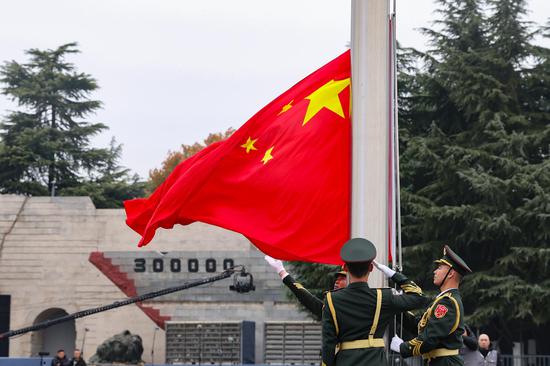

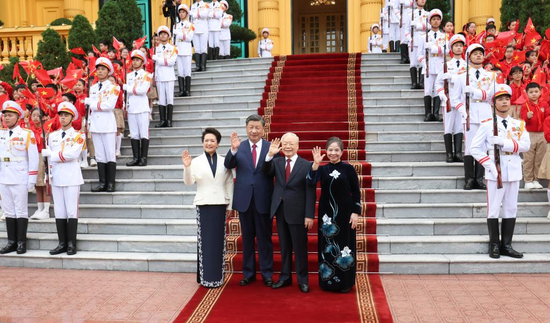
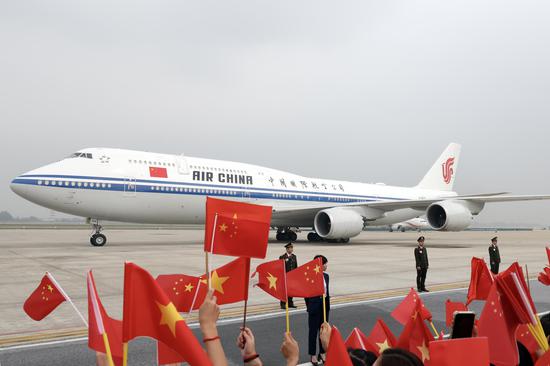
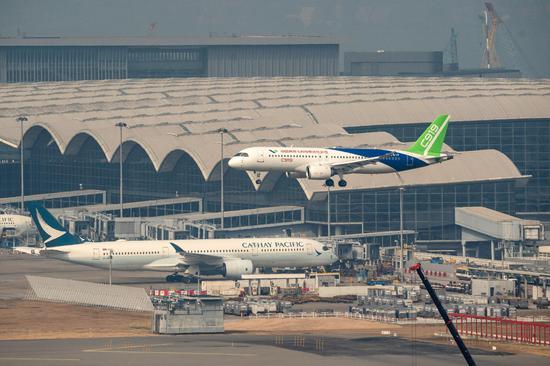
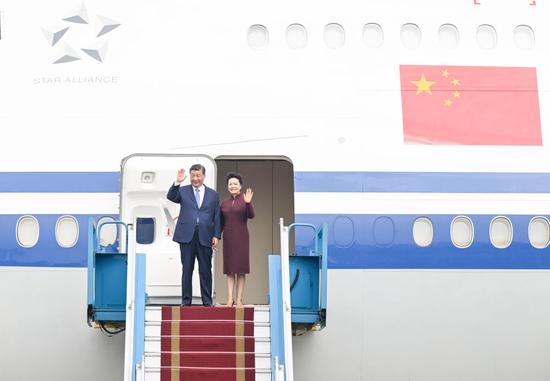
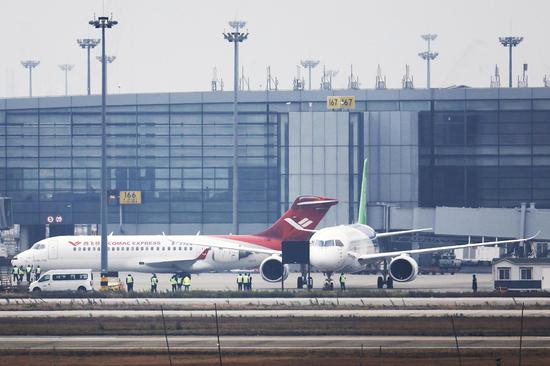
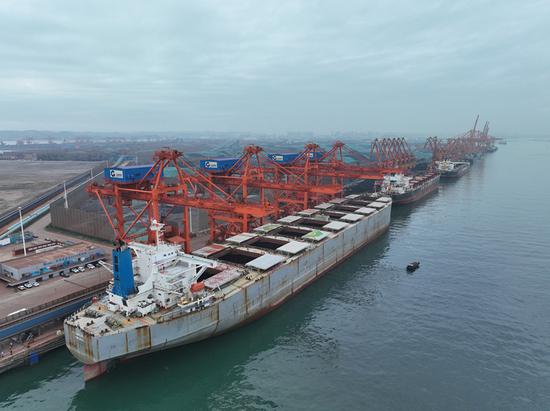

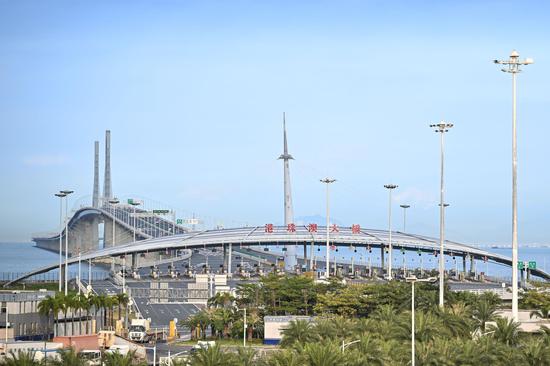



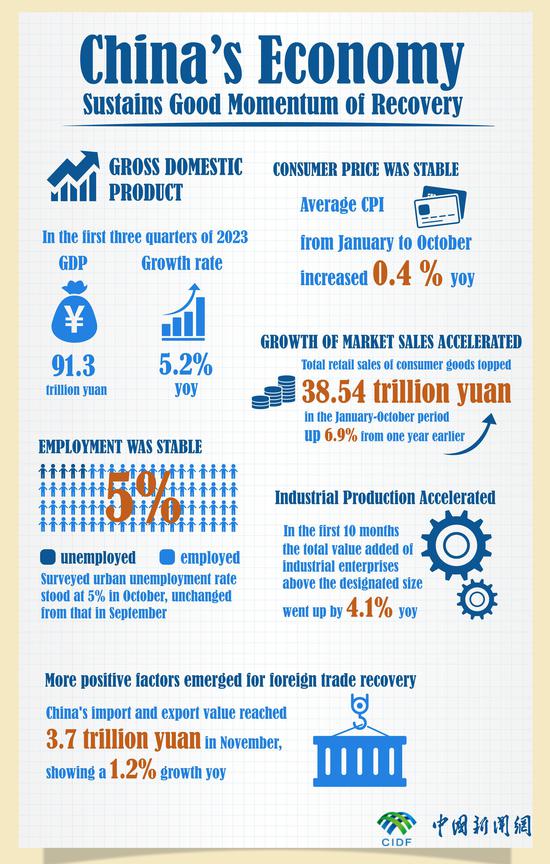



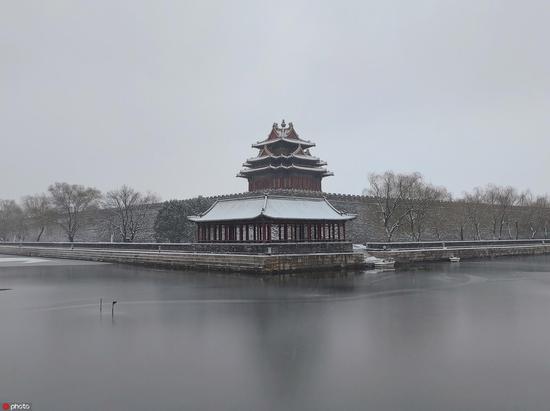




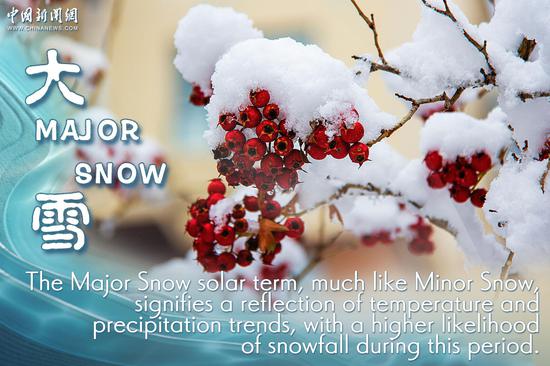





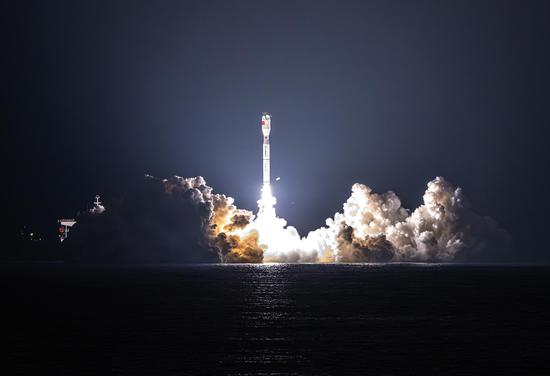









 京公网安备 11010202009201号
京公网安备 11010202009201号